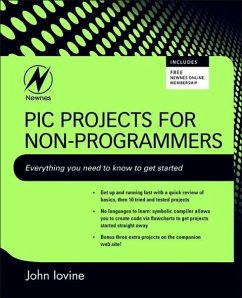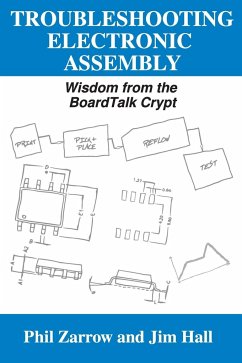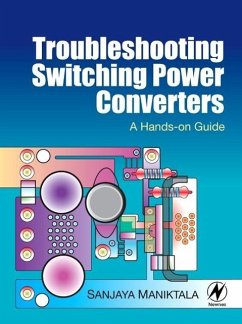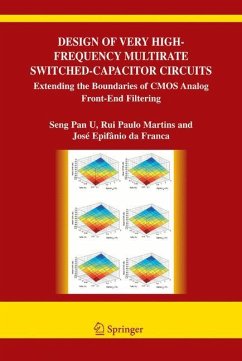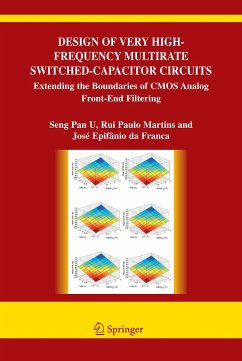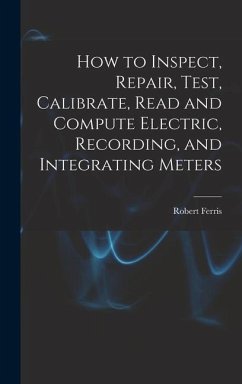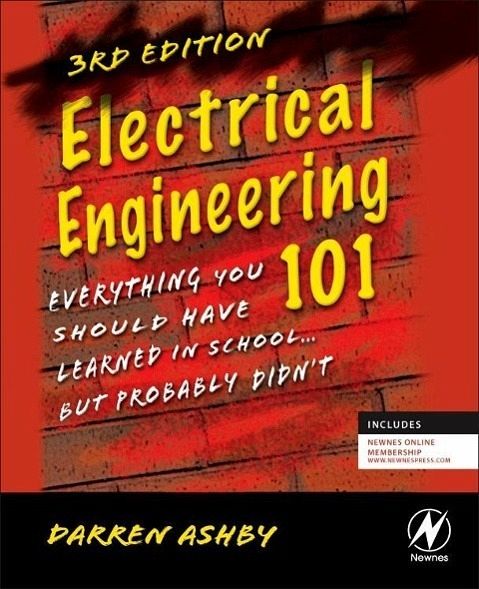
Electrical Engineering 101
Everything You Should Have Learned in School...But Probably Didn't

PAYBACK Punkte
12 °P sammeln!
Electrical Engineering 101 covers the basic theory and practice of electronics, starting by answering the question "What is electricity?" It goes on to explain the fundamental principles and components, relating them constantly to real-world examples. Sections on tools and troubleshooting give engineers deeper understanding and the know-how to create and maintain their own electronic design projects. Unlike other books that simply describe electronics and provide step-by-step build instructions, EE101 delves into how and why electricity and electronics work, giving the reader the tools to take...
Electrical Engineering 101 covers the basic theory and practice of electronics, starting by answering the question "What is electricity?" It goes on to explain the fundamental principles and components, relating them constantly to real-world examples. Sections on tools and troubleshooting give engineers deeper understanding and the know-how to create and maintain their own electronic design projects. Unlike other books that simply describe electronics and provide step-by-step build instructions, EE101 delves into how and why electricity and electronics work, giving the reader the tools to take their electronics education to the next level. It is written in a down-to-earth style and explains jargon, technical terms and schematics as they arise. The author builds a genuine understanding of the fundamentals and shows how they can be applied to a range of engineering problems.
This third edition includes more real-world examples and a glossary of formulae. It contains new coverage of:
Microcontrollers FPGAs Classes of components Memory (RAM, ROM, etc.) Surface mount High speed design Board layout Advanced digital electronics (e.g. processors) Transistor circuits and circuit design Op-amp and logic circuits Use of test equipment
This third edition includes more real-world examples and a glossary of formulae. It contains new coverage of:
Microcontrollers FPGAs Classes of components Memory (RAM, ROM, etc.) Surface mount High speed design Board layout Advanced digital electronics (e.g. processors) Transistor circuits and circuit design Op-amp and logic circuits Use of test equipment




